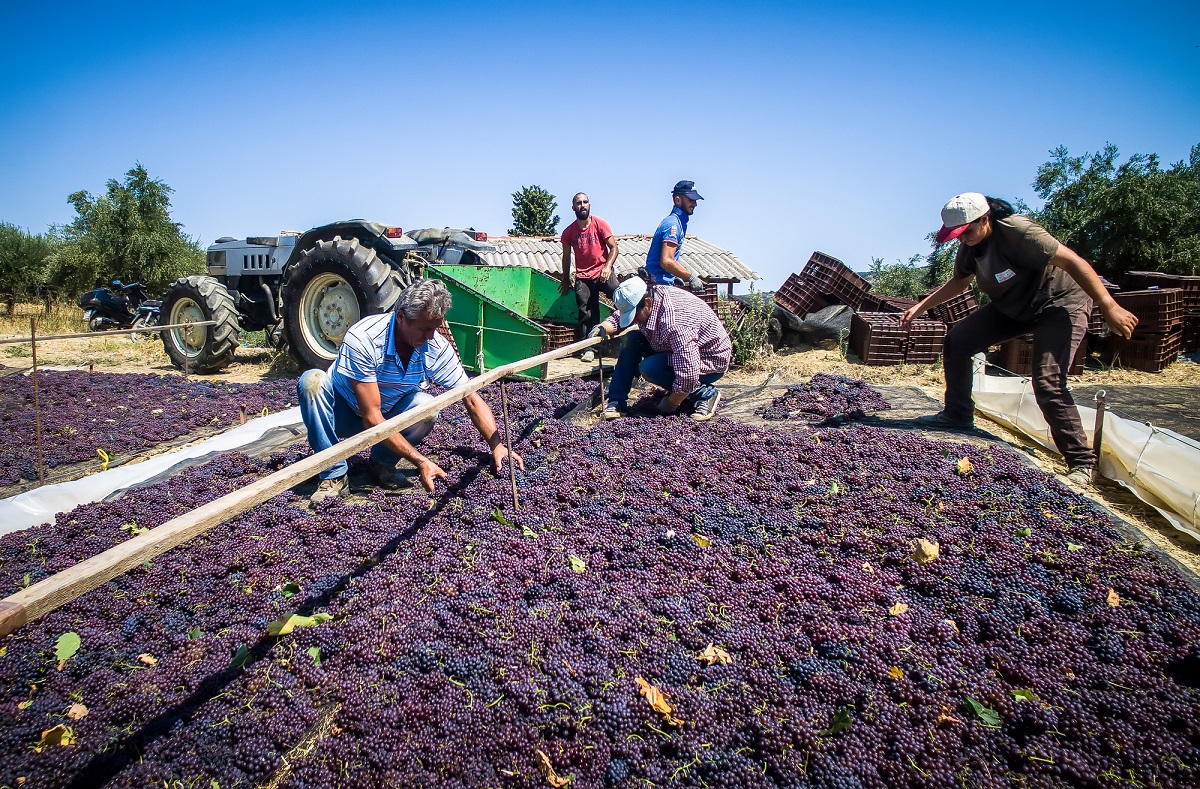The meetings will be organized under the banner of the Summit Dialogues, requested by the organizers, as a means of stimulating discussion prior to the global forum. The issues to be addressed will include cooperatives, the bioeconomy, agricultural digitalization, the One Health approach and international trade.

San Jose, 6 May 2021 (IICA). In a bid to enrich and foster the active participation of the agriculture sector of the Americas in the United Nations Food Systems Summit 2021, over the next few weeks the Inter-American Institute for Cooperation on Agriculture (IICA) will organize five virtual dialogues with key actors in the region’s agrifood chains, as well as with public and private sector representatives, researchers, exporters, and consumers.
The meetings will be in the form of Summit Dialogues, which the event organizers have requested as a means of preparing for the global meeting; they will take place between 7 May and 4 June and will address the following topics: cooperatives; the bioeconomy; agricultural digitalization; the One Health approach and international trade; as well as research.
IICA Director General, Manuel Otero, remarked that, “We are making a concerted effort to make sure that agriculture in the Americas projects a unified and powerful voice at the Summit, ensuring that the discussions on agrifood systems and the resolutions that are adopted recognize three aspects that we consider to be fundamental: the fact that farmers are the first link in food production, and thus their importance should be highlighted; decisions should be science-based; and agriculture is a part of the solution, not of the problem”.
The order of the dialogues and their areas of focus are as follows: (all times are stated in Costa Rica time, GMT-6):
1. Cooperatives and their contribution to food systems in the Americas, on 7 May at 8 a.m., which will analyze the development of agricultural cooperatives and how they have been positioned in the markets as an ideal organizational model to build sustainable food systems, by harmoniously combining key economic, commercial, social and environmental functions to respond to current demands.
2. The bioeconomy and the transformation of food systems in Latin America and the Caribbean (LAC), 10 May at 8:30 a. m. Discussions in this session will focus on the potential of the bioeconomy to contribute to changes in food production and consumption. They will also engage in a participatory process to develop an agenda regarding the policies, strategies and investments that are required to capitalize on and promote this sector. Other issues to be addressed will be public policies; research; development and innovation; market promotion; bio-based businesses and international cooperation.
3. The One Health approach and international trade: basic elements for the transformation of food systems, 14 May at 9 a. m. The purpose of this dialogue is to motivate countries in the region to promote improvements in agrifood systems, through the application of new technologies, best practices and knowledge to increase productivity and sustainability, as well as to satisfy the growing demand for healthy and nutritious food, while making efficient use of resources, such as soil, water and biodiversity. It will also aim to foster a rule- and science-based system that is open, transparent, predictable and equitable, and that facilitates agrifood trade to benefit food security and incorporates a holistic approach to human and animal health problems and the welfare of the ecosystems in which we live.
4. Agricultural digitalization as the basis for the transformation of food systems: How do we maximize its benefits and minimize its threats?, 18 May at 10 a. m. This will be an in-depth discussion on how the introduction of digital technologies in agriculture is key to increasing production; reducing impacts on health and the environment; correcting imbalances of information and opportunities among producers; and improving working conditions and rural life, which are all elements that are instrumental in advancing towards sustainable agrifood systems. The discussion will also focus on how to ensure that access to and unrestricted use of digital technologies do not increase inequalities and gender exclusion in rural areas.
5. What new research will be needed to transform food systems in Latin America?, 4 June, time to be determined. This dialogue will analyze if current research efforts are reaching farmers and consumers and will also assess the ability of these efforts to influence decisionmakers in the public, private and economic-political sphere, in order to steer investment behavior in the necessary direction. Furthermore, it will discuss how this resource can facilitate the implementation of solutions and actions to further develop the LAC food systems agenda.
Attendance is limited. Those who wish to participate in these virtual events, must register in advance and request that they be included in the list, at the following links:
-
Dialogue 1: https://summitdialogues.org/dialogue/11172/
-
Dialogue 2: https://summitdialogues.org/dialogue/9295/
-
Dialogue 3: https://summitdialogues.org/dialogue/6307/
-
Dialogue 4: https://summitdialogues.org/dialogue/9390/
-
Dialogue 5: To be established.
The Food Systems Summit will be held at the end of September. It is being convened by the UN Secretary-General to further the achievement of the 17 Sustainable Development Goals (SDGs), each of which depends on healthier, more sustainable and more equitable food systems.
IICA is a member of the Summit Champions Network, one of the four main support structures of the global meeting.
More information:
Institutional Communication Division, IICA
comunicacion.institucional@iica.int











